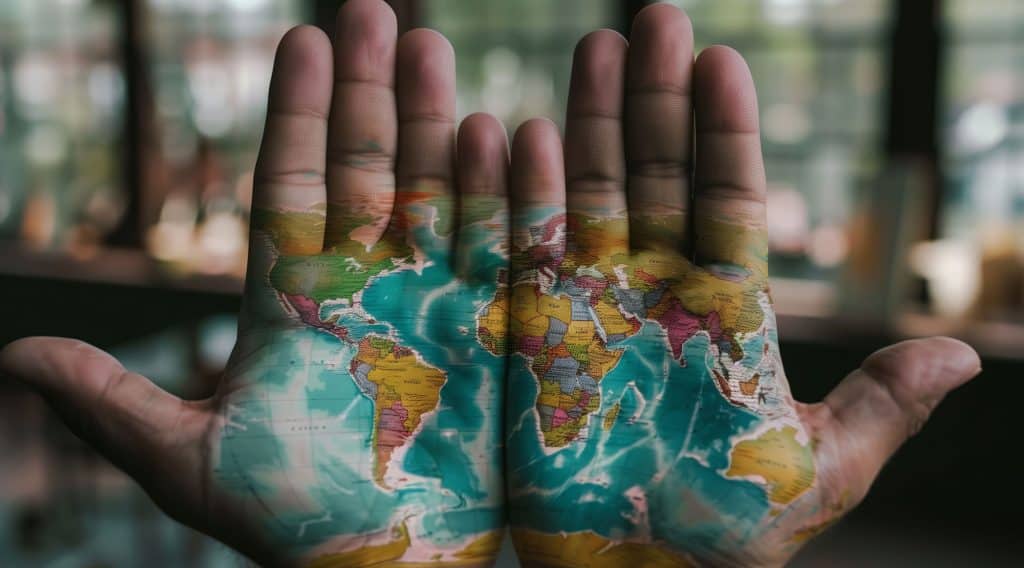New Legislation in Lithuania for Identification of Victims of HT
In Lithuania, new legislation comprising the Identification of Victims of Human-Trafficking, Recommendations for the Pre-trial Investigation and Inter-institutional Collaboration was signed into law at the General Prosecutor’s Department of the Lithuanian Republic (LR) on the 12th of December,


